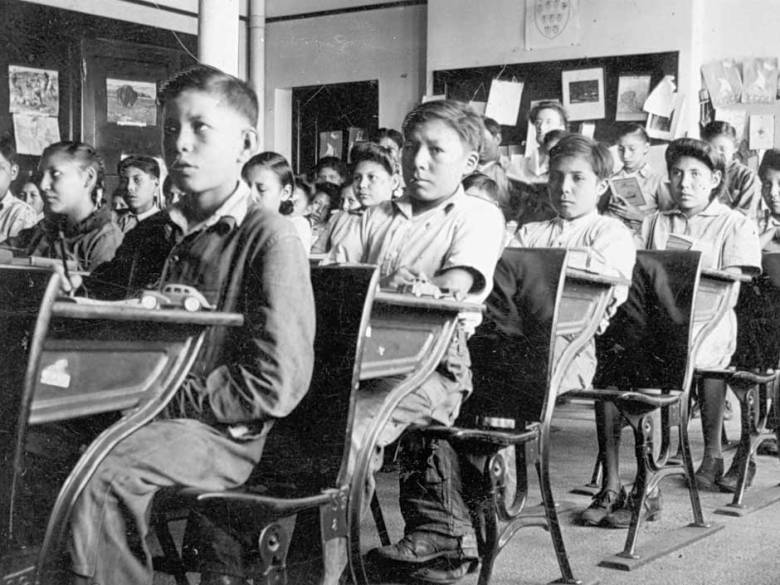Canada has a long and shameful history in relation to its treatment of Indigenous Peoples. In 2008, the Truth and Reconciliation Commission of Canada (TRC) was established with a mandate to “reveal to Canadians the complex truth about the history and the ongoing legacy of the church-run residential schools…” and to “guide and inspire a process of truth and healing, leading toward reconciliation…”[1]
In 2015, the TRC released a summary report, opens a new window of its findings and shared 94 Calls to Action. The hope is that these Calls to Action will help us work together towards reconciliation.
It is also important to note that many remain skeptical that reconciliation can occur. Tanya Talaga, an Anishinaabe Canadian journalist and bestselling author, recently argued, opens a new window, “Most Indigenous leaders never use the word ‘reconciliation’ because it is not plausible when First Peoples are still fighting for basic human rights—for water, land, social services, health care and education.”
Certainly, an important part of reconciliation is education. It is important that all Canadians learn more about Indigenous history and the awful realities of residential schools in Canada.
Below, we’ve selected some titles that highlight various issues, discussions and challenges relating to reconciliation.
[1] Honouring the truth, reconciling for the future: Summary of the final report of the Truth and Reconciliation Commission of Canada. (2015). Winnipeg: Truth and Reconciliation Commission of Canada.



Add a comment to: A Reconciliation Reading List